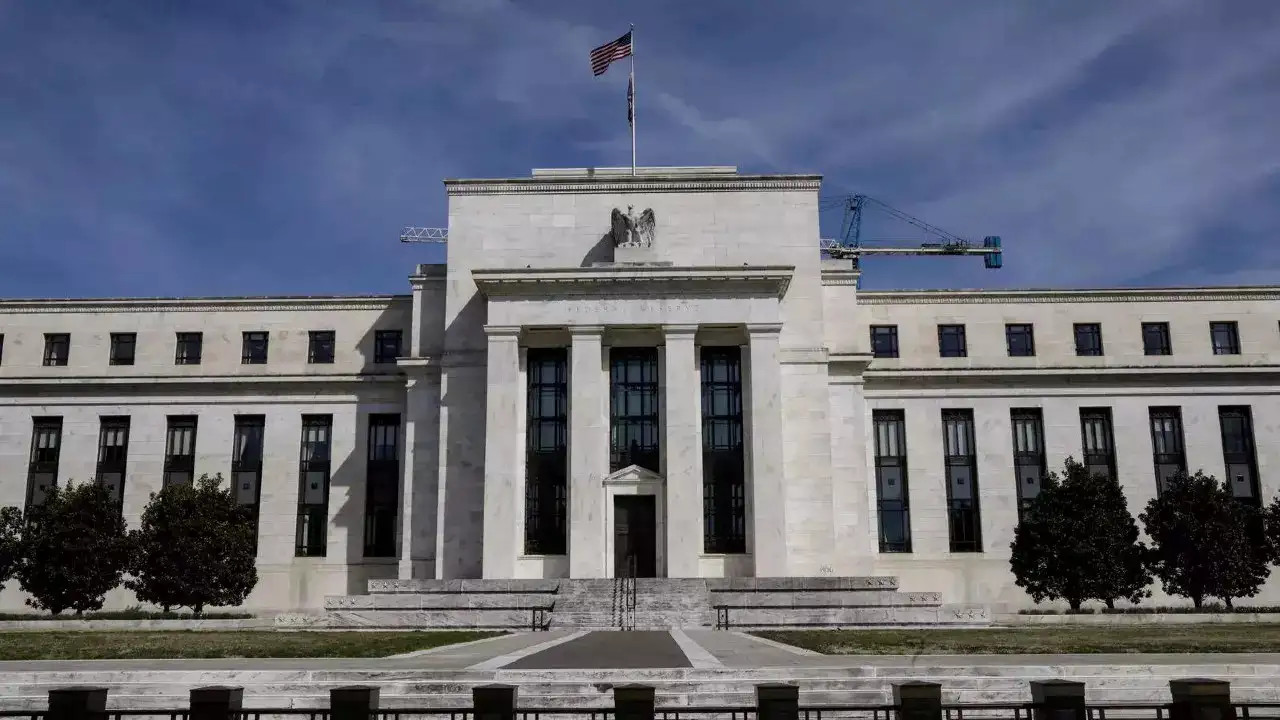Following finance ministry concerns over declining low-cost deposits, several public sector banks, including Canara Bank and Punjab National Bank, are scrapping minimum balance penalties on savings accounts. This policy shift, influenced by Jan Dhan account data and SBI’s earlier move, aims to boost CASA deposits. Banks will now recover costs through alternative fees like debit card charges.
Are Goodbye Days Ahead for Minimum Balance Penalties at Public Sector Banks?
For years, a familiar annoyance has plagued customers of public sector banks (PSBs) in India: the dreaded minimum balance penalty. Falling below the prescribed threshold in your savings account could trigger a fee, leaving many feeling nickel-and-dimed. But could these penalties soon be a thing of the past? Whispers from within the banking sector suggest that PSBs are seriously considering waving goodbye to these charges.
The rationale behind this potential shift is multifaceted. In an increasingly competitive financial landscape, PSBs are under pressure to retain and attract customers. Private sector banks and fintech companies are aggressively vying for the same clientele, often with more customer-friendly policies. Eliminating minimum balance penalties could be a key strategy for PSBs to level the playing field and showcase a more customer-centric approach.
But the drivers aren’t purely about competition. There’s a growing recognition within the government and banking circles that these penalties disproportionately affect the economically vulnerable. Those living paycheck to paycheck are more likely to inadvertently fall below the minimum balance, effectively being penalized for their financial circumstances. Removing these fees could be seen as a move towards greater financial inclusion, aligning with the government’s broader goals of ensuring banking services are accessible to all.

The Impact of Scrapping Minimum Balance Penalties
The removal of these penalties would undoubtedly have a significant impact on bank revenues. While individual fees may seem small, collectively they contribute a substantial amount to a bank’s bottom line. PSBs will need to carefully assess the financial implications and identify alternative revenue streams to compensate for the loss. This could involve focusing on increasing fee income from other services, driving loan growth, or improving operational efficiency.
However, the potential gains in customer goodwill and increased account activity could offset the initial revenue hit. By removing a major source of customer frustration, banks could foster stronger relationships, encourage greater account usage, and potentially attract new customers who were previously deterred by the threat of penalties.
Navigating the Changing Banking Landscape
This potential policy shift also raises questions about the broader banking landscape. If PSBs remove minimum balance penalties, will private sector banks follow suit? Will it spark a race to the bottom in terms of fees and charges? Or will banks find innovative ways to differentiate themselves and offer value-added services that justify fees?
Furthermore, how will this impact the unbanked population? Could the removal of minimum balance requirements encourage more people to open bank accounts, bringing them into the formal financial system? It’s a ripple effect that could have far-reaching consequences.
The discussion surrounding minimum balance penalties at public sector banks highlights a broader trend in the financial industry: a growing emphasis on customer experience and financial inclusion. Banks are increasingly recognizing that building trust and fostering positive relationships with customers is essential for long-term success. They are also understanding that serving the underserved is not only a social responsibility but also a significant business opportunity.
What Happens Next?
The deliberations within PSBs are still ongoing, and no final decision has been made. However, the fact that this issue is being actively considered suggests a significant shift in thinking. It signals a willingness to challenge traditional banking practices and prioritize the needs of the customer. Whether or not PSBs ultimately choose to remove minimum balance penalties, the conversation itself is a positive step towards a more customer-centric and inclusive banking system. This will likely continue to evolve as technology plays a larger role; consider how digital banking is reshaping financial services.
The ultimate decision could reshape customer expectations and force all institutions to innovate to attract and retain customers. It’s a critical area to watch as Indian banking continues to evolve.







